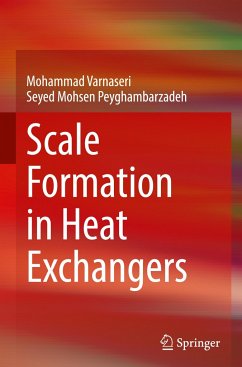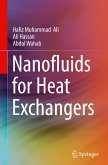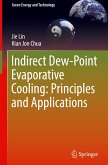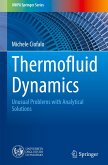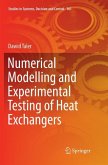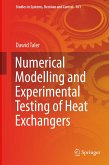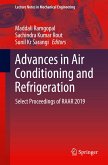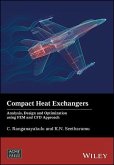This book brings together a wide range of current research to create a holistic understanding of fouling. It draws upon practical and laboratory experiences spanning many years. While offering an overview of various fouling types, the book's emphasis is on crystallization fouling, a facet seldom addressed in the existing literature. Furthermore, this book goes beyond theory by providing practical examples for heat exchanger design, incorporating the pivotal consideration of fouling's impact. It focuses especially on calcium salts such as calcium carbonate and calcium sulfate.
Fouling formation represents a ubiquitous challenge across diverse industrial sectors, spanning oil, gas, petrochemicals, food, pharmaceuticals, and power generation. This encroaching fouling, prevalent within heating equipment, not only jeopardizes the integrity of machinery but also significantly saps energy resources. Consequently, extensive research efforts have been undertaken to comprehensively explorefouling formation through both experimental and theoretical avenues across various heating apparatuses.
The book's mission is to facilitate a broader comprehension of crystallization fouling research, revealing the various factors influencing this form of fouling. Additionally, it critiques prior research endeavors, identifying their strengths and weaknesses while pinpointing potential avenues for future investigation
Hinweis: Dieser Artikel kann nur an eine deutsche Lieferadresse ausgeliefert werden.
Fouling formation represents a ubiquitous challenge across diverse industrial sectors, spanning oil, gas, petrochemicals, food, pharmaceuticals, and power generation. This encroaching fouling, prevalent within heating equipment, not only jeopardizes the integrity of machinery but also significantly saps energy resources. Consequently, extensive research efforts have been undertaken to comprehensively explorefouling formation through both experimental and theoretical avenues across various heating apparatuses.
The book's mission is to facilitate a broader comprehension of crystallization fouling research, revealing the various factors influencing this form of fouling. Additionally, it critiques prior research endeavors, identifying their strengths and weaknesses while pinpointing potential avenues for future investigation
Hinweis: Dieser Artikel kann nur an eine deutsche Lieferadresse ausgeliefert werden.

